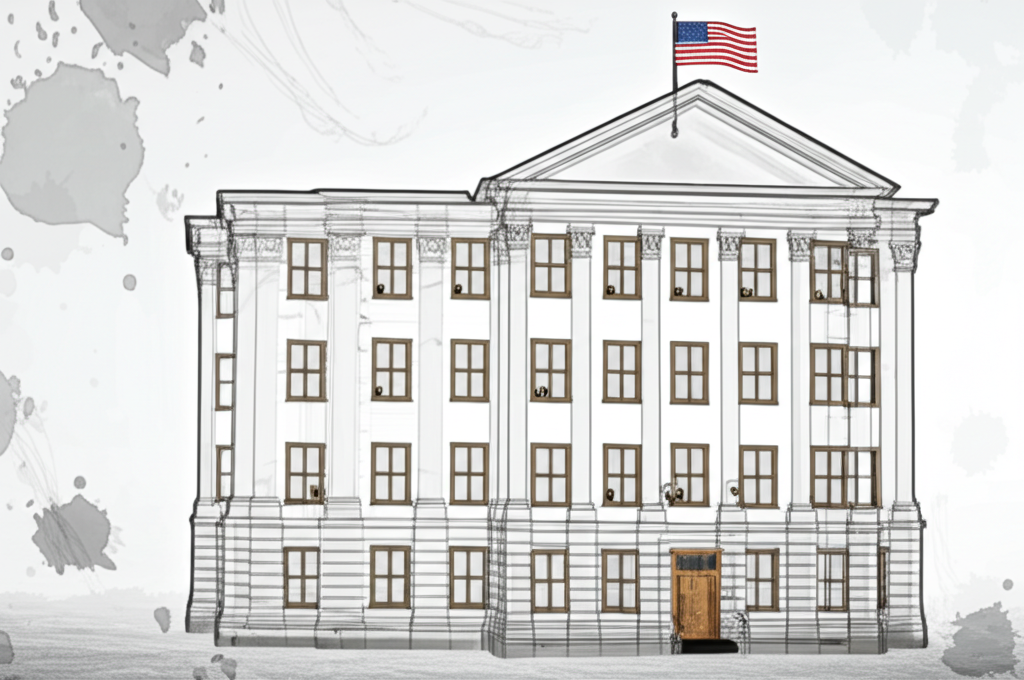Key Takeaways:
- Possible Trump-Putin summit in the works.
- Discussions could include a broad range of global issues, not just Ukraine.
- Efforts are still in the early stages, requiring intensive preparation.
- U.S. and Russian envoys may meet soon to pave the way.
Why This Matters
For nearly three years, the world has watched as Russia’s full-scale invasion of Ukraine has unfolded. Now, with talks of a Trump-Putin summit, a potential shift in U.S. foreign policy could significantly impact the future of the conflict and international relations.
What Russia is Saying
Sergei Ryabkov, Russia’s deputy foreign minister, told Russian state media that the summit could address normalizing relations between the two countries and finding solutions to critical global issues, including the situation in Ukraine. According to Ryabkov, the summit aims to find ways to resolve the most acute and potentially very dangerous situations, of which there are many.
Early Stages and Preparations
While the prospect of a summit is on the table, Ryabkov emphasized that efforts are still in the initial phase. Making such a high-level meeting happen would demand intensive preparatory work. Envoys from the U.S. and Russia might meet within the next two weeks to lay the groundwork for further discussions among senior officials.
The Saudi Arabia Meeting: A Potential Turning Point?
In a surprising turn of events, Russian and U.S. representatives met in Saudi Arabia and reportedly agreed to work toward ending the war in Ukraine and improving diplomatic and economic ties. This marks a significant shift, especially considering previous U.S. foreign policy stances under different administrations. This meeting may become a turning point, so stay tuned for additional developments.
U.S. Goals: What’s on the Table?
Senior U.S. officials have hinted that Ukraine might need to concede its aspirations of joining NATO and relinquish control of the 20% of its territory currently seized by Russia. Such concessions would undoubtedly stir controversy and raise questions about the long-term implications for Ukraine’s sovereignty and security.
Secretary Rubio’s Perspective
After the Saudi meeting, U.S. Secretary of State Marco Rubio outlined three broad goals: restoring staffing at embassies, creating a high-level team to support Ukraine peace talks, and exploring closer relations and economic cooperation. Rubio stressed that these talks are just the beginning and more work is needed.
Ukraine’s Position and Concerns
Notably, Ukrainian officials were not present at the meeting in Saudi Arabia. President Volodymyr Zelenskyy has stated that Ukraine would not accept any outcome from talks in which Kyiv did not participate, and he postponed his trip to Saudi Arabia. European allies have also voiced concerns about being sidelined in these discussions.
Trump’s Shifting Stance on Kyiv
Trump seemed to walk back earlier comments that falsely blamed Kyiv for starting the war. However, he maintained that Zelenskyy and former U.S. President Joe Biden should have done more to negotiate with Putin. He emphasized that the war affects Europe more directly than the United States.
Public Opinion and Protests
Thousands of people marched in London, waving Ukrainian flags and demanding more support for Ukraine and a seat at the table in peace talks. Protesters criticized Trump and called for increased military aid to Kyiv.
What’s Next?
British Prime Minister Keir Starmer is scheduled to visit Washington for talks focused on Ukraine, reinforcing the U.K.’s commitment to supporting Ukraine and securing a just and enduring peace. The coming weeks will be crucial in determining whether the Trump-Putin summit materializes and what impact it will have on the future of Ukraine and global stability.




